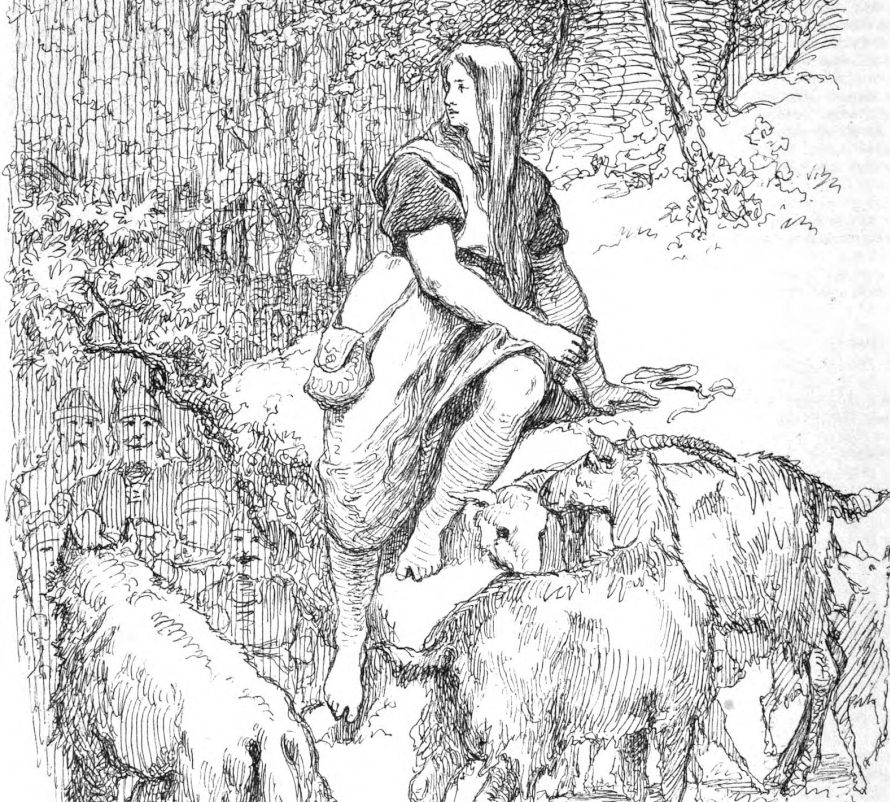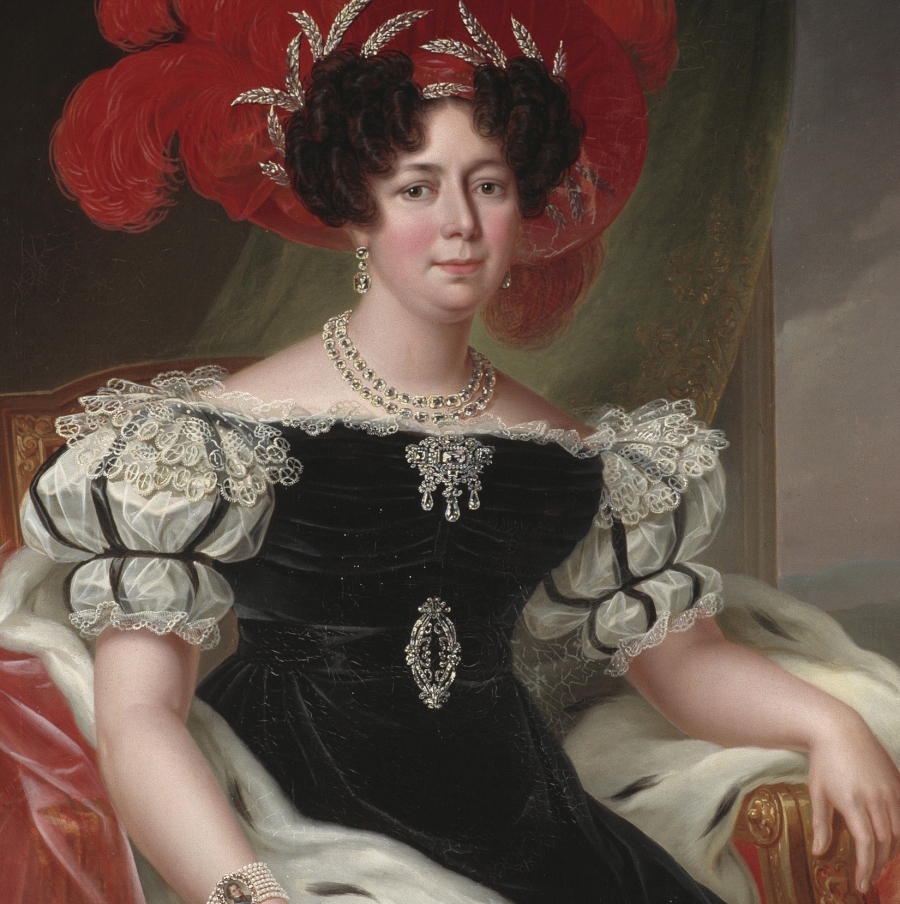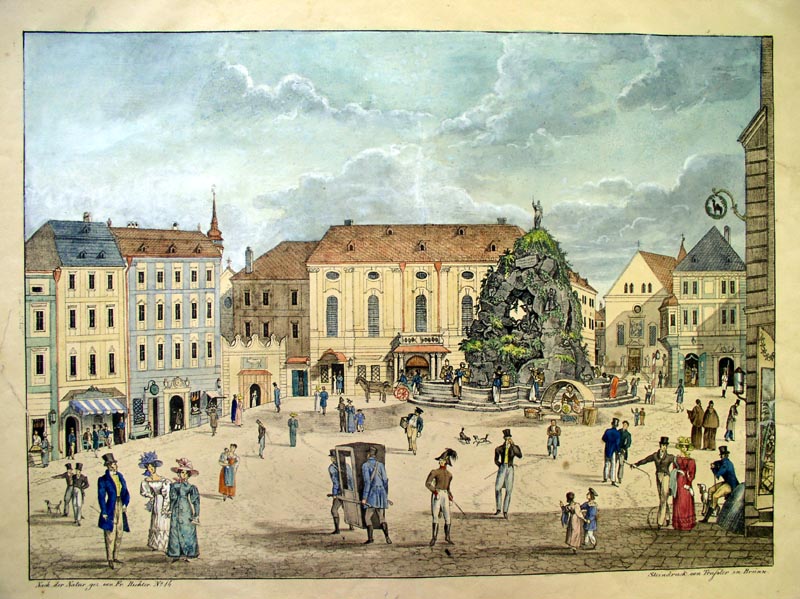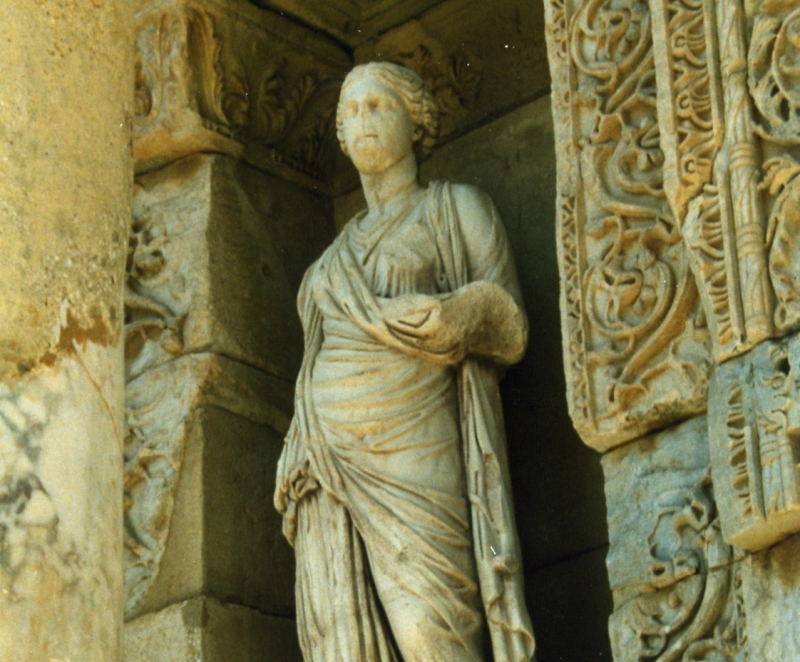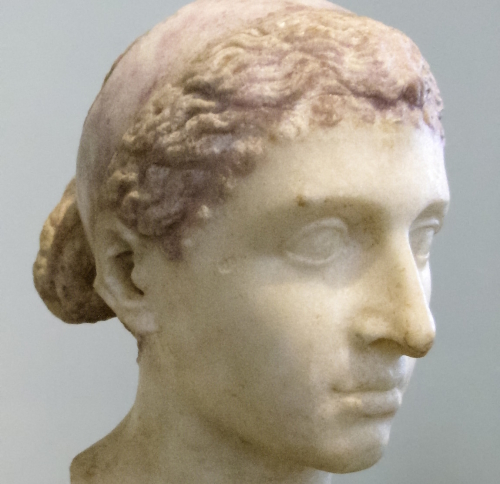Focus On: (351) Yrsa
Yrsa is the wife of Swedish king Aðils and mother of Danish king Hrólfr Kraki. There are several different versions of her story; in each she is depicted as a charming girl. Her father Halga kidnapped her mother Oluf against her will and got her pregnant. She named the child Yrsa after her dog, and sent her to live as a shepherd until she was 12.

